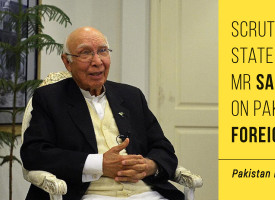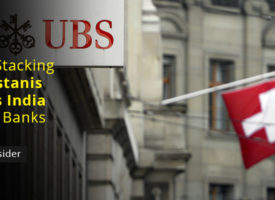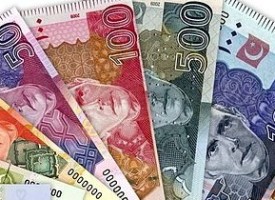Recep Tayyip Erdogan, the Turkish Prime Minister who is considered controversial in the global arena for his authoritarian policies ranging from banning Twitter to allowing females to laugh out loud in public. But what the world is missing out or is kept under the deception is the Turkish state and its development under the same Erdogan who has helped his nation evolve by leaps and bounds.
Around 2001, Turkey’s financial condition was worse if not similar to that of Pakistan’s. Seems a shocker? What happened or better yet whose magic wand helped the country to boost its economy tremendously? A quick reply to that, Erdogan the judicious is behind Turkey’s massive boom. To resolve the financial crisis of Turkey, its government had to look up quick ways to stabilize its economy, thus, took assistance from the IMF.
Pakistan, with an unstable government, a staggering economy, with conflicts at every level, threats from outside but more alarmingly internal threats in the land of the pure from terror groups are more menacing. With almost no development in either of the country’s institutions, it does not come as a surprise that Pakistan and its government has borrowed humongous sums of money from the International Monetary Fund (IMF) and the act is put on repeat mode quite often.
According to the State Bank of Pakistan for the fiscal year 2014, USD 61.8 billion is the current standing of the nation’s external debt. With the previous government under Asif Ali Zardari setting the nation on default, Pakistan had its economy plummeting towards gloom. After the elections of May 2013, the PML-N government cried out to the IMF for help which is not a surprising call by the state’s government, neither does it awe the citizenry.
Keeping in mind Pakistan’s rapidly depleting foreign exchange reserves,the soaring debts, and balance of payments which do not give much hope to the country, finance minister, Ishaq Dar asked for a USD 7.2 billion from the IMF. However, the amount approved was USD 5.3 billion that would be allotted in installments.
According to international standards the debt to Gross Domestic Product (GDP) ratio should remain at 60%, whereas the persisting budget deficit in Pakistan has caused the debt to GDP ratio to be higher than 60% which during this time is 63.4%.
The government says it is implementing measures to bring it down to the sustainable level of 60% but it is in stark contrast to the government’s actions as it has printed currency notes worth Rs. 1 trillion during the first eight months of its tenure.
Pakistan has an age old history with the IMF.
Pakistan became a member of the IMF in 1950 and the first time the Government of Pakistan opted for a loan from the IMF was in 1958. This was a Standby Agreement (SBA) amounting to USD 25 Million. However, due to political disturbance, this loan was cancelled soon after. Pakistan received its second and third SBAs in 1965 and 1968, during Field Marshal Ayub Khan’s era. Four more SBAs worth USD 330 Million were granted to Pakistan during General Yahya Khan’s regime who replaced Ayub Khan. As governments changed hands in Pakistan, in a 20 year span from 1958 to 1979, Pakistan had been granted a total amount of USD 460 Million in IMF Packages. A USD 1.27 Billion Extended Fund Facility (EFF) followed in November 1980 which was three times the combined value of the seven SBAs that Pakistan had collected previously. [Economic Review, http://www.economic-review.com.pk/july-2013/imf-and-pakistan-the-past-and-the-present]
Each time the government announces to take loans from the IMF, a rage of dissent arises from the public because it is them who have to suffer keeping in mind the high price the taxpayers have to pay. And now after the Azadi March, the already diminished number of citizens who paid taxes have (read will) decrease because of the civil disobedience movement that has been called out by the Pakistan Tehreek Insaf’s chief, Imran Khan. What an absurd way to topple the government, which is already failing at all levels and now thanks to the somewhat stability that the country was achieving, lets not pay taxes and further bring down the nation through these nonsensical means.
Taking a look back at Turkey, the nation who had taken loans from the IMF was able to completely pay off its debt at the same time when Pakistan was undergoing a change in its democratically elected governments through the much affirmed (read declared) ‘rigged’ elections.








No comments!
There are no comments yet, but you can be first to comment this article.